The new age of cardiology: Heartbeats turn digital at country’s first paperless hospital
E-cardiology at the Indus Hospital uses text and multimedia messages to transfer information.
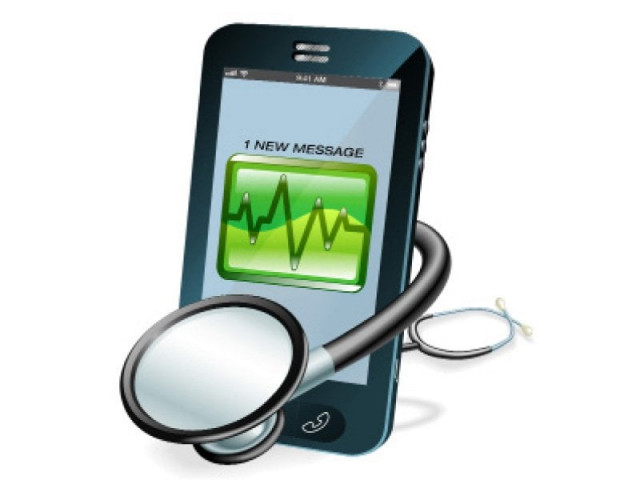
E-cardiology at the Indus Hospital uses text and multimedia messages to transfer information.
“The service is not only limited to static images, such as chest x-rays and test reports, but also includes transfer of ultrasounds to the cardiologist,” explained Dr Sajid Dhakam, head of the cardiology department at Indus Hospital. “We have developed a system through which the information is accessible from any part of the hospital and can be sent to doctors even when they are not outside the premises.”
According to Dr Dhakam, since the treatment for certain cardiac patients can be extremely time-sensitive, e-cardiology comes in handy for the doctors to coordinate with the on-call team. “We can let them know if the patients need clot busting medicine, CPR, intubation or even angioplasty. As there are only three cardiologists in the department, it is imperative that the on-call team be able to reach us at anytime,” he said.
On the software for e-cardiology, Dr Dhakam told The Express Tribune that the system has been designed by a Pakistani team and was very economical. Cardiologist Dr Imran Iftikhar was in agreement with his colleague over how the system saves money for the free-of-cost hospital. “Instead of using the overhead announcements and paging systems, which have become somewhat outdated, we have switched to e-cardiology as it is cheap and not limited to the hospital’s premises,” said Dr Iftikhar, adding that the average rate for sending a text message is Rs2 and Rs5 for a multimedia message.

The Emergency Response System of the e-cardiology communicates the information to the on-call cardiologist, on-call administrator, crash call teams and others.
“E-cardiology is particularly helpful when the cardiologists are not at the hospital. Last week, I was at a lecture in the evening when an ECG and chest x-ray of a patient was sent to me. From them I could tell that the patient was not in a critical condition,” he said. “The same night, however, I was sent another ECG of a patient in the Emergency Room who had suffered a minor heart attack. The course of treatment for that patient was obviously different and more sensitive.”
My heart, your heart
Another venture that the first paperless hospital of the country plans to launch by the end of the year is a pacemaker bank under the programme ‘My heart, your heart’. The hospital in collaboration with the University of Cincinnati and University of Mount Sinai will provide pacemakers and defibrillators of deceased patients to those in need in Pakistan.
“The cost of a defibrillator can range from Rs70,000 to Rs1million whereas a pacemaker is priced between Rs10,000 to Rs30,000,” said Dr Dhakam. A pacemaker essentially regulates the heartbeat of a person whereas the defibrillator is used for sending electric shocks to big or weak hearts. “The programme has already been approved by the FDA whereas the Sindh government took longer to review it. We expect to start it by the end of 2013.”
Friends of Indus Hospital
Indus Hospital which provides free treatment, including some medicines, operates primarily on donations from friends and supporters of its work. The Friends of Indus Hospital, a US-based organisation of doctors and expats, is one of the main fund providers for the hospital. “The US is vigilant about money transfers and that is why they contribute only in the form of medicines and supplies,” explained Dr Dhakam. “The organisation doesn’t transfer money directly so the expats also feel secure.” He said that donations by individuals were at the forefront, followed by corporate fundings, government programmes and international donations. With the month of Ramzan just a few weeks away, the hospital hopes that more friends from within the country will come forward to help them.
Published in The Express Tribune, June 30th, 2013.

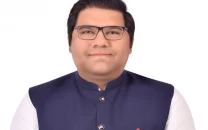
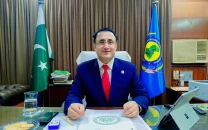

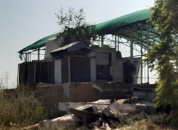






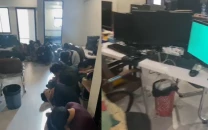







COMMENTS
Comments are moderated and generally will be posted if they are on-topic and not abusive.
For more information, please see our Comments FAQ